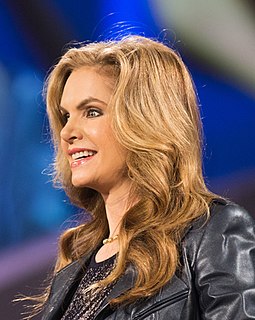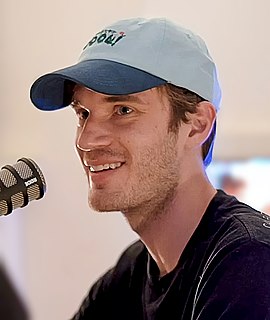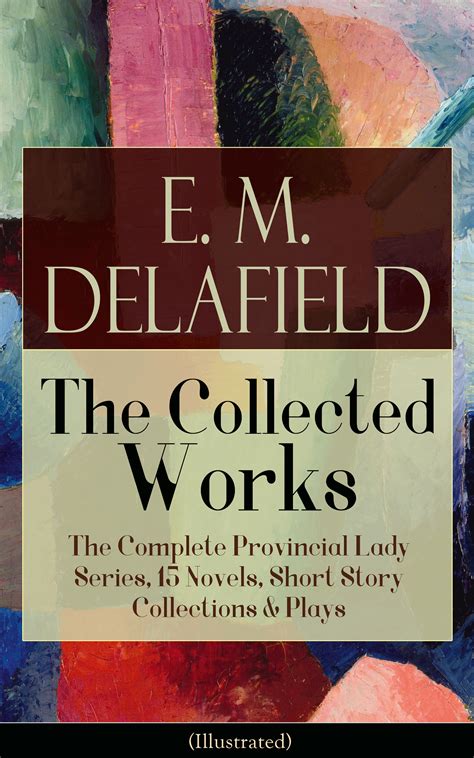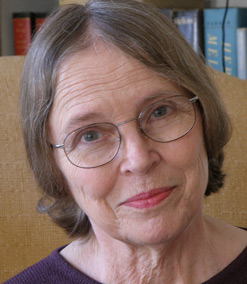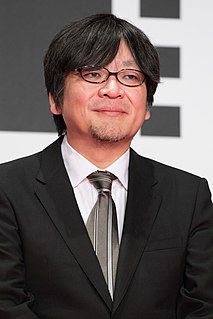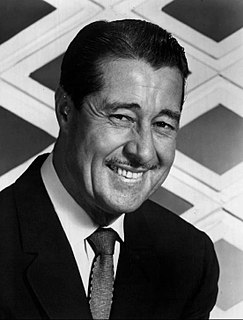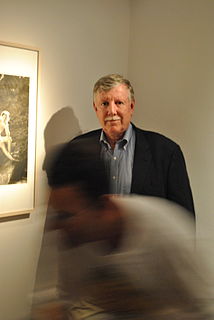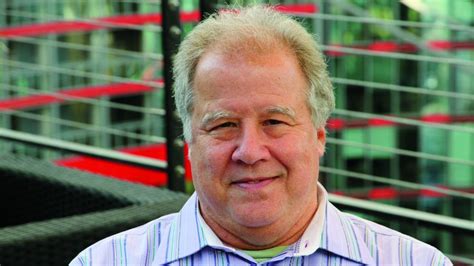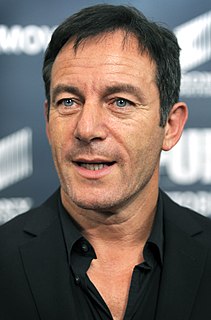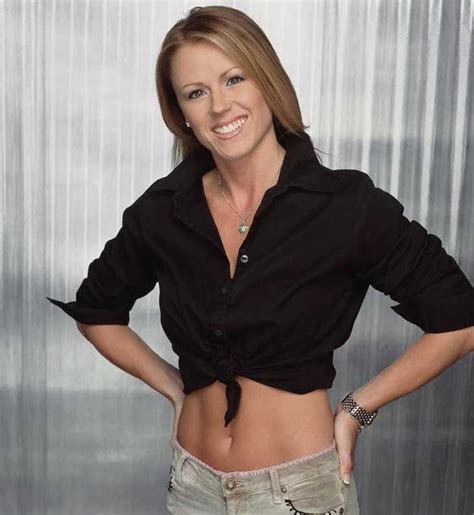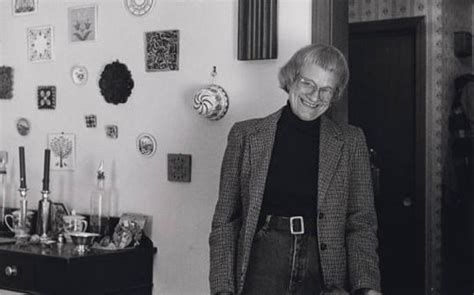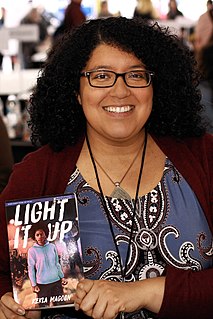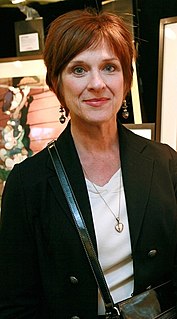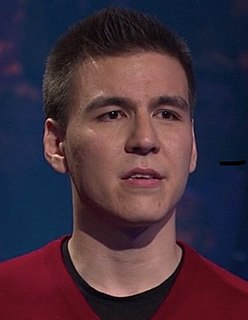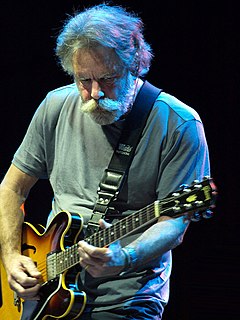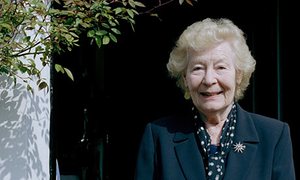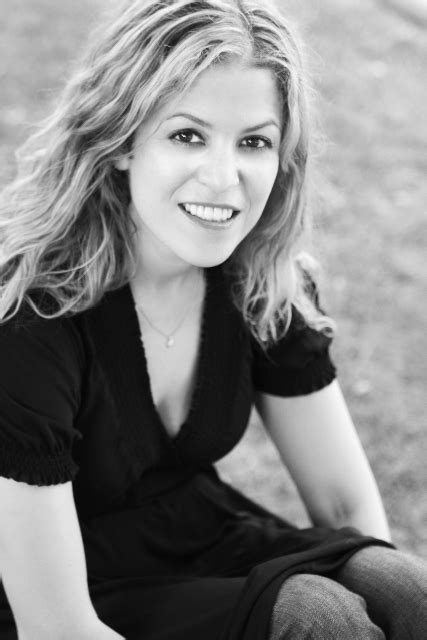Top 1200 Children's Books Quotes & Sayings - Page 2
Explore popular Children's Books quotes.
Last updated on April 14, 2025.
Children's books are looked on as a sideline of literature. A special smile. They are usually thought to be associated with women. I was determined not to have this label of sentimentality put on me so I signed by my intials, hoping people wouldn't bother to wonder if the books were written by a man, woman or kangaroo.
I hope to encourage more children to discover and love reading, but I want to focus particularly on the appreciation of picture books…. Picture books are for everybody at any age, not books to be left behind as we grow older. The best ones leave a tantalising gap between the pictures and the words, a gap that is filled by the reader's imagination, adding so much to the excitement of reading a book.
I've always been drawn to and fascinated by physical and psychological change.
If I'm able to make pictures of children that are so real, as you follow the children over the years in any given book, and in subsequent books they get older and older and grow up, perhaps there might be something cautionary in that visual example.
Every child is going to grow up. You can see it happen in the books: They get older and older and belong to themselves to a greater and greater extent.
I have come to believe that large print, thick and heavy paper, and wide margins and oversize leading is indicative of the expected intelligence of the reader. … Compare children's books and books on Web Duhsign or other X-in-21-days books. If the reading level of a specification is below college level, chances are the people behind it are morons and the result morose.
I went off and read the books after the audition and I read all four books in one sitting - you know - didn't wash, didn't eat, drove around with them on the steering wheel like a lunatic. I suddenly understood why my friends, who I'd thought where slightly backward, had been so addicted to these children's books. They're like crack.
Of course all children's literature is not fantastic, so all fantastic books need not be children's books. It is still possible, even in an age so ferociously anti-romantic as our own, to write fantastic stories for adults: though you will usually need to have made a name in some more fashionable kind of literature before anyone will publish them.
Only idiots or snobs ever really thought less of 'genre books' of course. There are stupid books and there are smart books. There are well-written books and badly written books. There are fun books and boring books. All of these distinctions are vastly more important than the distinction between the literary and the non-literary.
I write for young people because I like them and because I think they are important. Children's books can be mind-stretchers and imagination-ticklers and builders of good taste in a way that adult books cannot, because young people usually come to books with more open minds. It's exciting to be able to contribute to that in a small way.
I want to see children curled up with books, finding an awareness of themselves as they discover other people's thoughts. I want them to make the connection that books are people's stories, that writing is talking on paper, and I want them to write their own stories. I'd like my books to provide that connection for them.
The books in Mo and Meggie's house were stacked under tables, on chairs, in the corners of the rooms. There where books in the kitchen and books in the lavatory. Books on the TV set and in the closet, small piles of books, tall piles of books, books thick and thin, books old and new. They welcomed Meggie down to breakfast with invitingly opened pages; they kept boredom at bay when the weather was bad. And sometimes you fall over them.
I know, you've been here a year, you think these people are normal. Well, they're not. WE'RE not. I look in the library, I call up books on my desk. Old ones, because they won't let us have anything new, but I've got a pretty good idea what children are, and we're not children. Children can lose sometimes, and nobody cares. Children aren't in armies, they aren't COMMANDERS, they don't rule over forty other kids, it's more than anybody can take and not get crazy.
I'd finished the first two [books] and they were going to to be published, and [editor] said, "We need you to write a summary that will drive people to these books." And it took forever. I couldn't think of a thing to say. I looked at the back of other children's books that were full of giddy praise and corny rhetorical questions, you know, "Will she have a better time at summer camp than she thinks?" "How will she escape from the troll's dungeon?" All these terrible, terrible summaries of books, and I just couldn't.
Let them get at the books themselves, and do not let them be flooded with diluted talk from the lips of their teacher. The less the parents 'talk-in' and expound their rations of knowledge and thought to the children they are educating, the better for the children...Children must be allowed to ruminate, must be left alone with their own thoughts.
